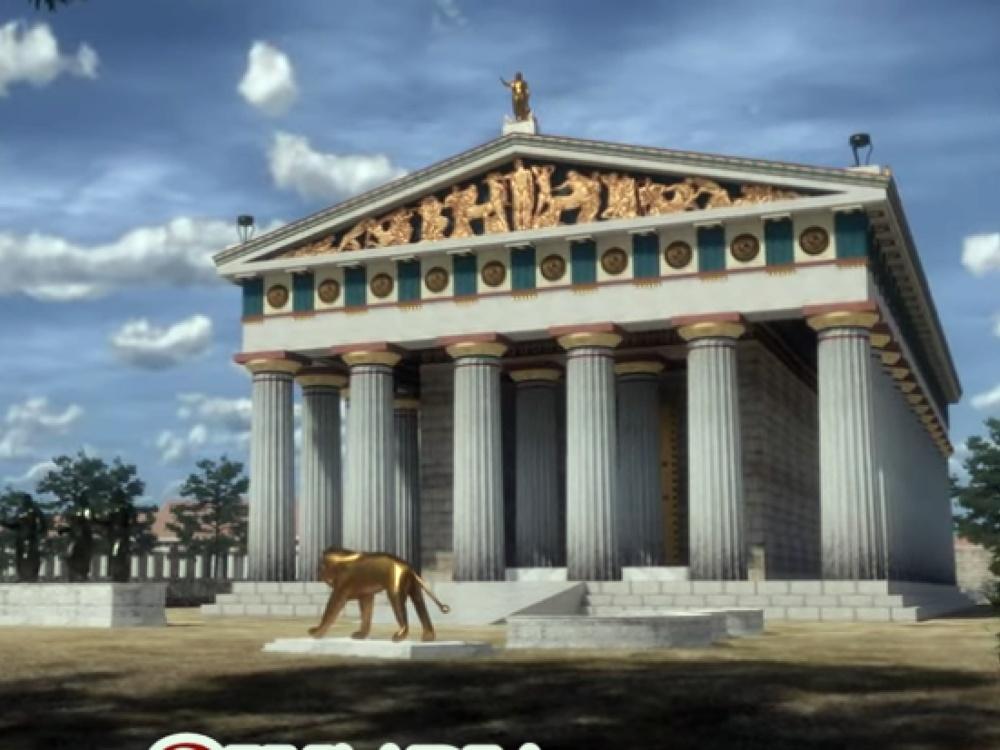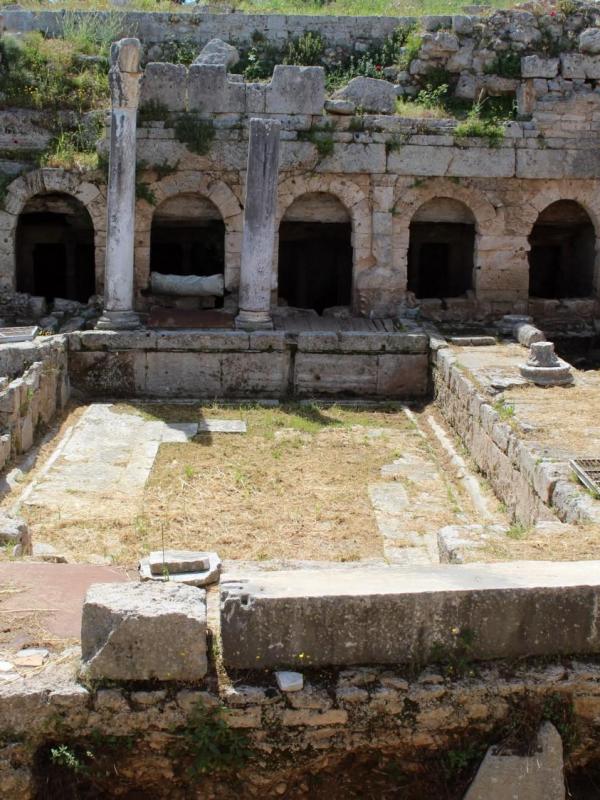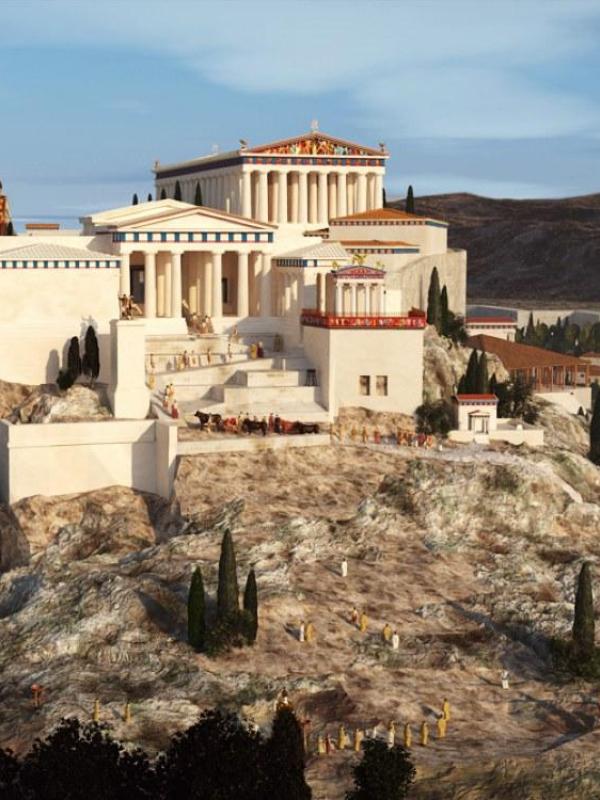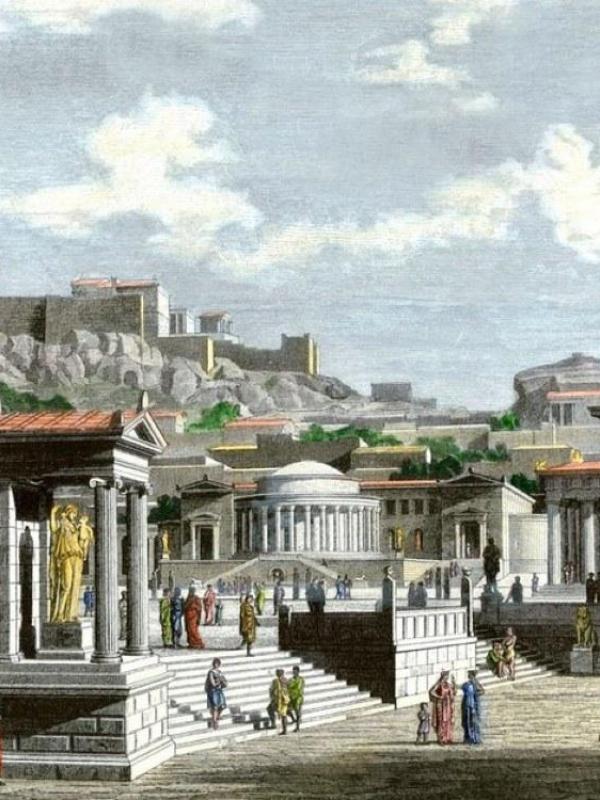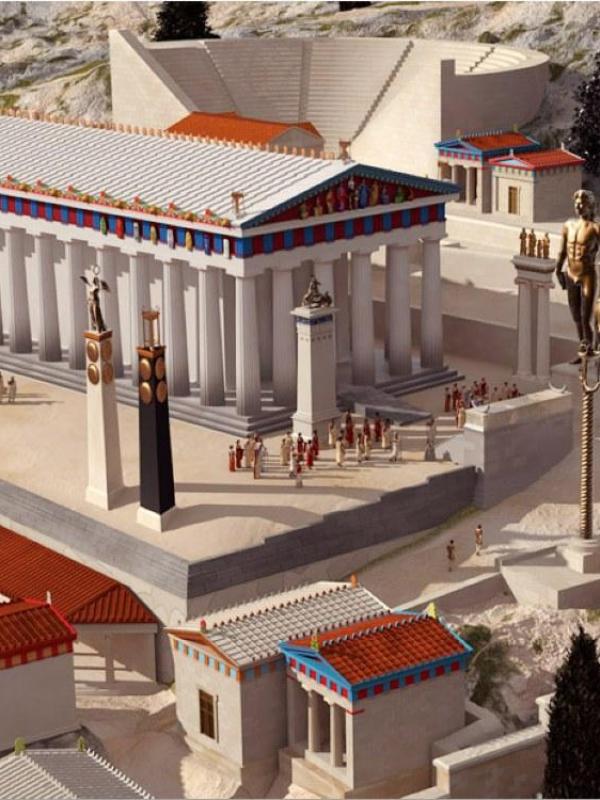Ticket + Audioguide Olympia Site
With this option, your ticket includes an audio tour for a total immersion in history! Travel back in time and explore the site of Olympia, the birthplace of the Olympic Games. In just two hours, the audio guide will take you on an extraordinary journey through the remains of the shrine. Plunge into the fascinating history of this holy site, follow in the footsteps of the ancient athletes and discover the rituals dedicated to the Lord of Olympus. The legends and myths surrounding the rich history of Olympia and the Games will be revealed as you listen to the audio guide.
Reference: OLYMPIE-E610
Availability: Livraison immédiate
Tarif Hiver
35,00€ inc. tax 25,00€ inc. tax
reduction of 10,00€
Ticket + Audioguide Olympia Site
- Supplier : Grèce Vacances
Recommended
-
Acropolis + 6 sites - Audio guide
The Acropolis Audio Tour Pack includes a detailed Acropolis audio tour that covers the Acropolis'...25,00€ inc. tax
Details -
Sounio Site of Poseidon - Audioguide
Discover the Cape Sounion Audio Guide, your ideal travel companion for exploring this iconic ancient...18,00€ inc. tax
Details -
Mycenae - Site audioguide
Explore the archaeological site of Mycenae at your own pace with our audio guide in English. Immerse...21,00€ inc. tax
Details -
Delphi -Temple of Apollo Audioguide
Discover Delphi by yourself with our English speaking audioguide! Explore the ancient remains of the...22,00€ inc. tax
Details
